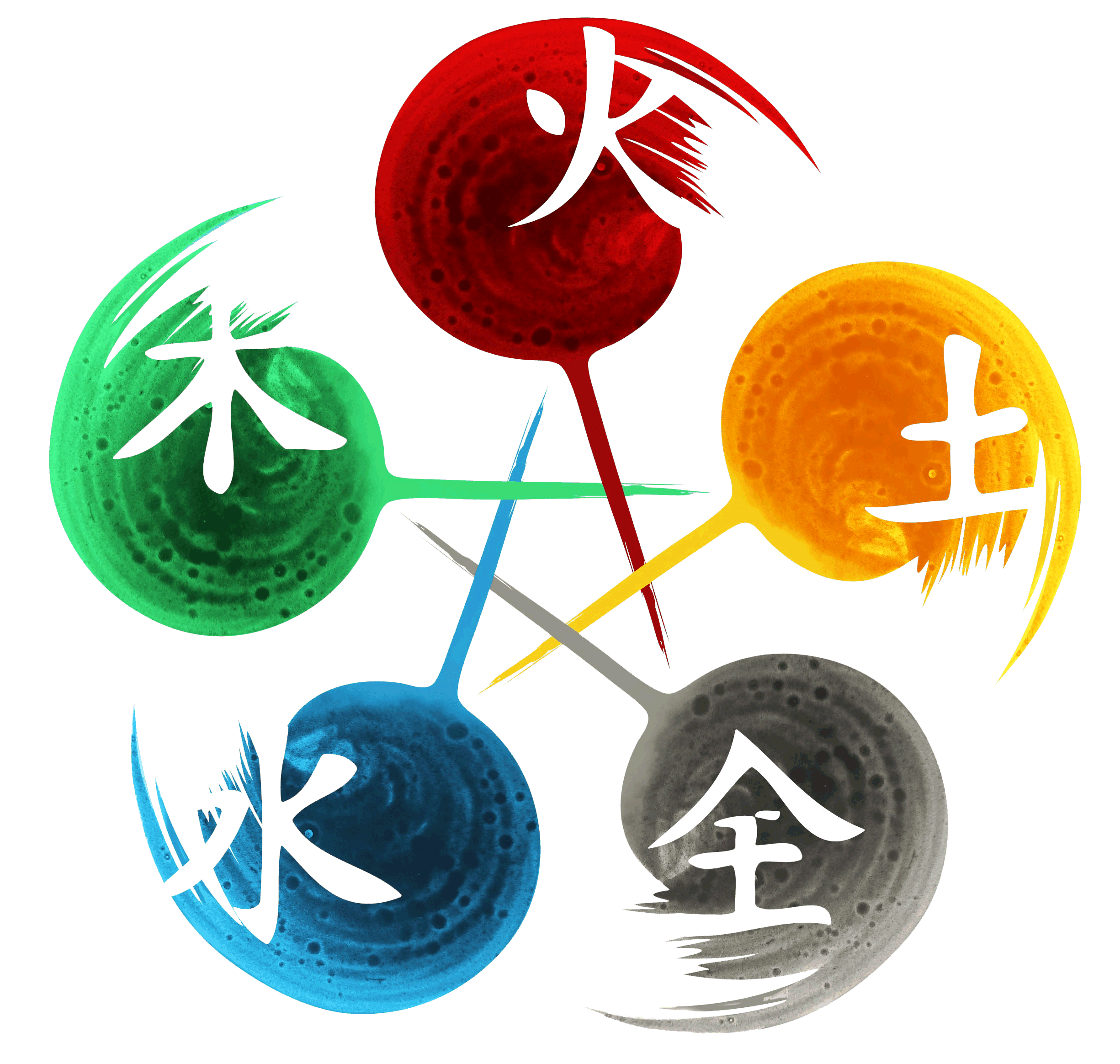
Traditional Chinese Medicine

 |  |  |  |
|---|---|---|---|
 |  |  |  |
 |  |  |  |
 |  |  |  |
 |  |  |  |
 |  |  |  |
 |  |  |  |
 |  |  |  |
 |  |  |  |
 |  |
5 elements Theory
Just like yin-yang theory, the five-element theory is a basic theory that fundaments the traditional Chinese medicine and both are supported by Qi (energy). The five element theory states that everything in the universe, this includes our health, are ruled by the five elements which are wood, fire, earth, water, and metal (Hafner).
This theory says that each element is characterized by its own season, senses, emotions and organs. Water, for example, corresponds to the kidney. A person whose kidney Qi is very active (according to the limits), is a person with a lot of willpower, perseverance, and boldness. On the contrary, when a person has an inactive kidney Qi, the person can experiment problems with urination, fertility or metabolism. In terms of feelings, this person can feel anxiety and fear. The same happens with all the elements. Thus, the 5 elements can describe the personality of a person (Ody 12). So, in health terms, when a person is in balance, it means that the organs are working in balance. Therefore, the elements in their body are correctly working in harmony.
There are different cycles in the five-element theory within health terms which are:
-
Creation Cycle (Sheng Cycle): This cycle explains how an element supports and create another element (Yin Yang House Group).
-
Control Cycle (Ke Cycle): This cycle explains how one element is controlled and destroyed by another element and vice versa. This cycle is necessary in order to find balance. However, if the element that controls exceeds with its job it creates an imbalance. (Yin Yang House Group).
-
Overacting Cycle (Cheng Cycle)/ Insulting Cycle (Wu Cycle): This cycle is caused by an imbalance in the control cycle. So, when this occurs, the doctor has to be certain that his or her patient is experiencing an overacting/insulting cycle, which would mean that the patient’s body is working in disharmony. Thus, his or her job is (through the appropriate Chinese therapies) return the person’s system to its balanced cycle.(Yin Yang House Group).
Therefore, this theory is an extension of yin-yang theory because it is more specific in terms of how the human balance function.





